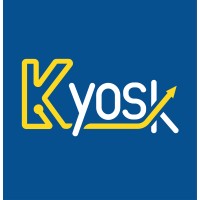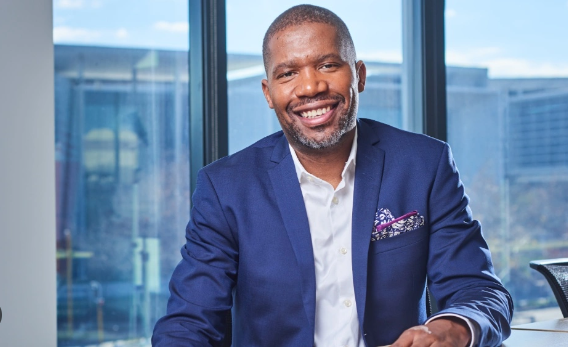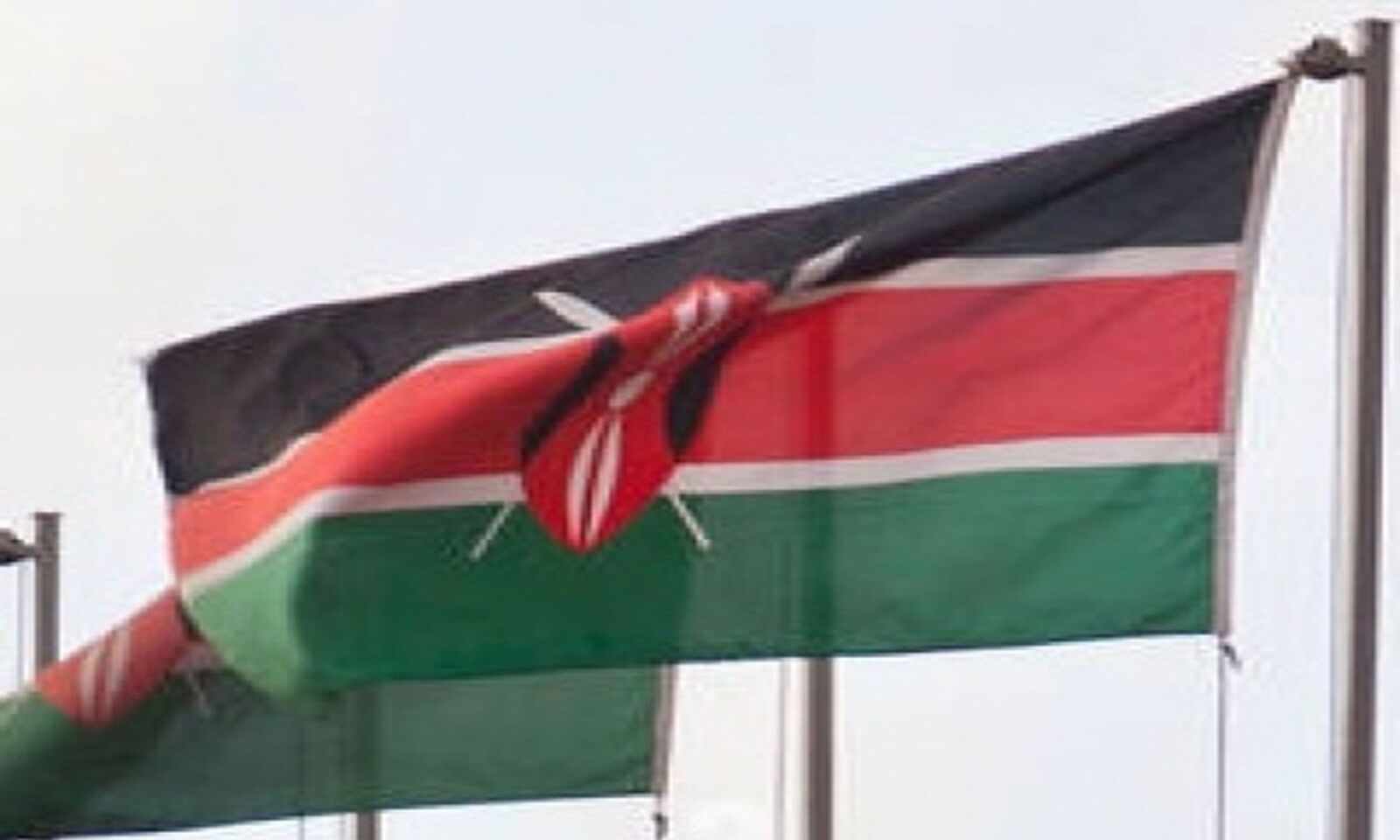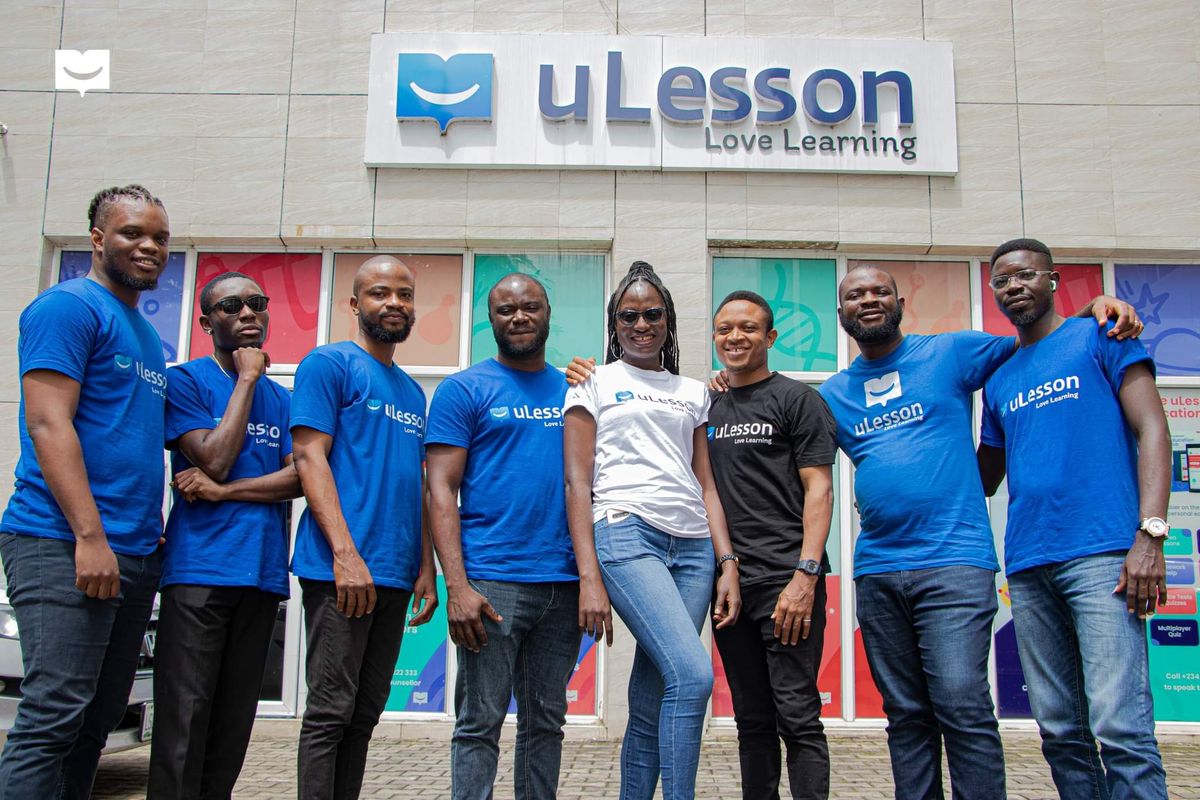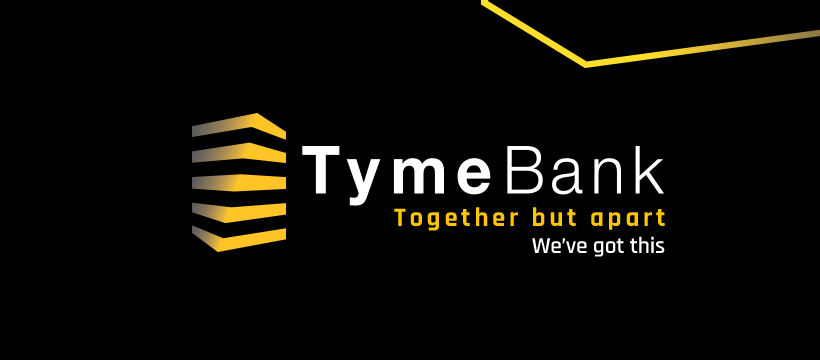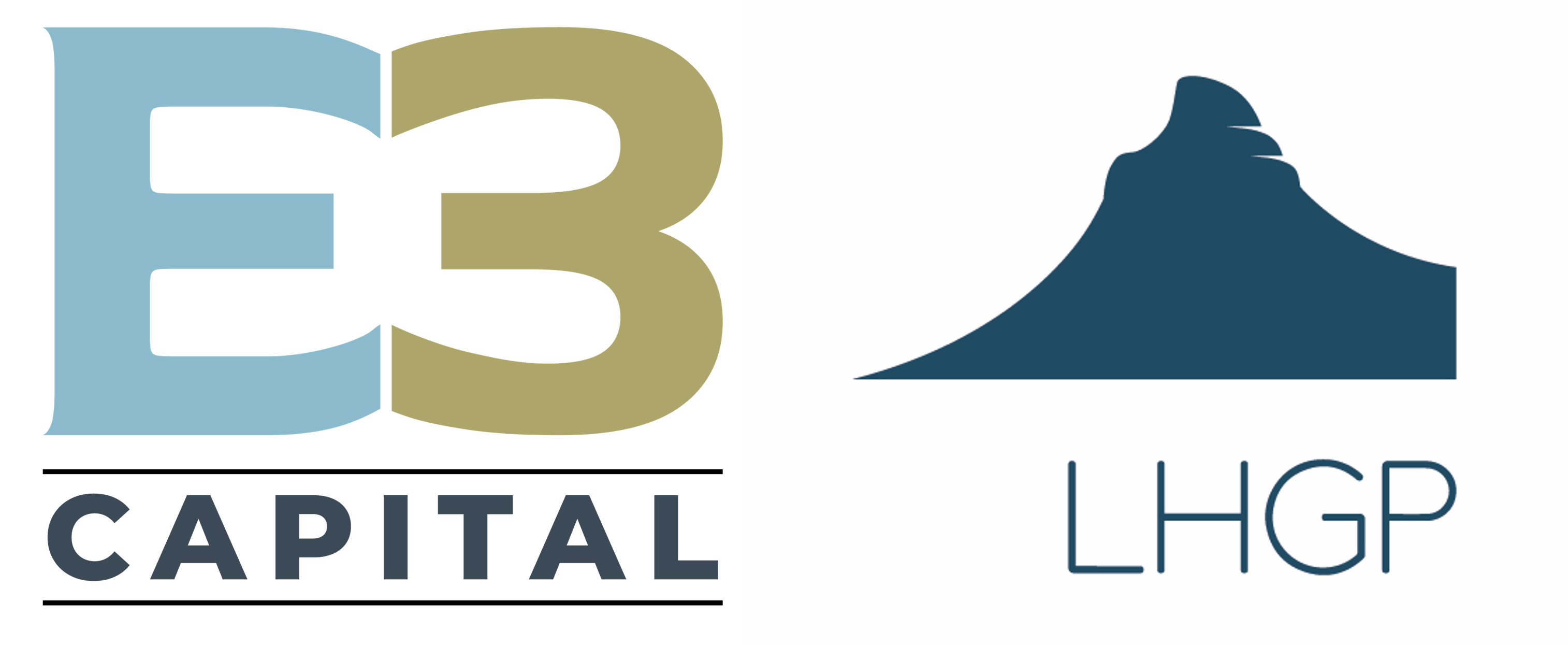A digital-first and data-driven distribution network named Kyosk Digital Services has strengthened its position in the African fresh produce market through the acquisition of KwikBasket, which led to the introduction of the Farm & Fresh division.
KwikBasket is a significant player in the agriculture industry, recognised for its know-how in the distribution of agricultural products and for offering helpful services and solutions to farmers, commercial kitchens, and other players in the food chain.
Retail distribution firm Kyosk Digital Services prioritises a digital-first strategy and data-driven insights. By coming up with innovative ideas, the company hopes to increase the availability of goods and services throughout Africa significantly.
By easing communication between organisations and their customers and vendors, Kyosk App increases supply chain efficiency.
Read also: FarmTrace announces fresh funding to scale cloud-based Agtech solution
Kyosk Launching of Farm
With the launch of Farm & Fresh, Kyosk intends to transform the African fresh produce market by working with KwikBasket, a company with considerable experience in agriculture.
“This acquisition marks a major milestone for Kyosk as we broaden our footprint in the fresh produce market in Africa and enhance our offering to cater to the needs of farmers, retailers, kitchens, eateries, and other consumers,” said Raphael Afaedor, Co-Founder and CEO of Kyosk Digital Services. By establishing an accessible, effective market that benefits all parties involved in the food supply chain, KwikBasket is in a good position to assist African farmers in realising their full potential.
With this expansion, Kyosk will be able to transform the way that fresh produce is purchased, transported, and consumed throughout Africa using its data-driven, digital-first distribution network.
Farmers in Africa have a variety of difficulties as a result of ineffective and disorganised distribution channels. For farmers, distribution issues are a typical source of irritation because they result in lower yield, lower income, wasted food, and higher overall food costs. Farmers can benefit from Kyosk’s Fresh product line’s higher productivity, consistent sales channels, competitive prices, helpful data and analysis, and premium agricultural supplies. By providing these resources, Kyosk hopes to encourage farmers’ development and prosperity.
Additionally, Kyosk Fresh offers a steady stream of several high-quality items to meet the demands of cafes, restaurants, and other clients. Due to lengthy lead times in the supply chain, kitchens and restaurants frequently confront several difficulties. Concerns regarding consumer health and safety, food waste, logistical costs, and delays in order fulfilment are a few instances of these difficulties.
By strengthening stock management, improving logistics, and centralising more functions, Kyosk Farm & Fresh aspires to ameliorate some of these problems. As a result, restaurants and kitchens may retain competitive pricing while ensuring food safety, transparency, and traceability across the supply chain.
As part of the launch of the Farm & Fresh product line, the uLima digital platform will change to Kyosk Farm. The ability of uLima to link farmers with superior inputs and local marketplaces was beneficial to farmers.
uLima and Kyosk Farm
After uLima provides a strong foundation, Kyosk Farm will build upon it by utilising its present features and capabilities while enhancing the user experience. Kyosk Farm offers higher crop yields by facilitating farmers’ access to data, analysis, and agri-inputs, including fertilisers and money. Farmers will have access to reliable markets with competitive prices, enhancing the long-term profitability of their businesses.
Africa’s retail market is expected to increase by 5-6% per year, reaching a total of over $600 billion. Kyosk focuses on more than 60% of retail trade in Africa that is conducted by small businesses and traditional traders. These businesses, which are mainly found in economically struggling and underdeveloped urban regions, frequently provide subpar services. Due to the various middlemen involved, they pay significant transportation expenses and struggle to communicate with manufacturers and wholesalers. As a result, small firms deal with a lack of lending options, supply shortages, and income losses.
Using a digital platform called Kyosk, African farmers, neighbourhood kiosks, and their communities can exchange high-quality goods and services. Direct orders from retailers to FMCG producers cut out expensive middlemen, resulting in cheaper costs and more savings. To better serve its consumers and meet their diverse needs, Kyosk has expanded its range to include electronics, medications, and personal care products.
By working with banks, Kyosk goes above and beyond simply delivering goods by offering support to small businesses like farmers’ markets and mom-and-pop stores. By offering services like loans and insurance, they can encourage the financial inclusion of underrepresented enterprises and individuals.
